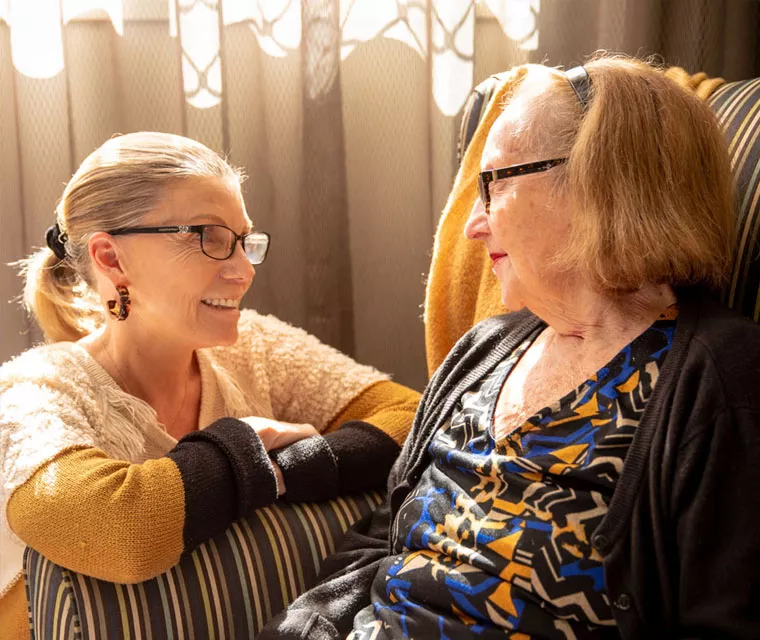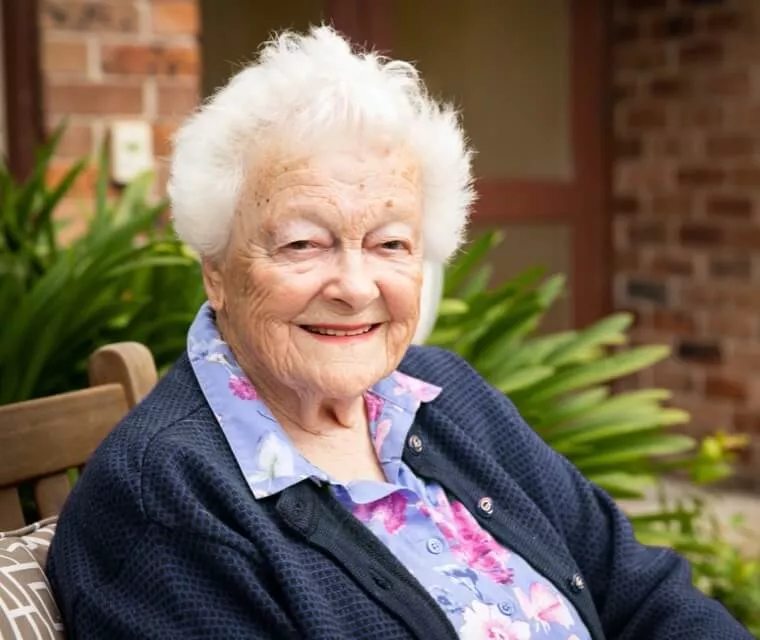Dementia Care Connections
21st September 2022 | 4 mins
Dementia Awareness
Opal HealthCare’s Dementia Care Connections is a community outreach program designed to help people understand what dementia is, share ways to connect with an individual living with dementia and support them to live well.
We understand how prevalent dementia is among older people. And the importance of expert advice for people who are caring for or concerned about a loved one.
Hosted by dementia experts in our team and run via webinar and in-person meet-ups, it’s an opportunity for people to hear practical insights into dementia in an environment that’s safe and comfortable.
In our recent webinar series we talked about the different symptoms of dementia, cognitive and daily impacts for an individual living with dementia, and ways to support loved ones experiencing dementia.
Here’s some of the questions we were asked:
Q: If a person asks about a loved one who’s passed many years ago, what’s the right thing to say in response?
A: Many people struggle with this, especially when speaking about a loved one or partner who has passed away. First, show that you’re listening. Don’t try to dismiss them or be vague but build a sense of trust. Usually, people ask about those who make them happy or comfortable and secure. Ask how they’re feeling now? They’re likely asking for someone in the past because they’re longing for a past feeling. Rather than explaining that the person is no longer here, ask why they’re seeking that person. Is it because they used to do a particular activity together? See if you can replicate that feeling or activity for them to satisfy their longing.
Q: How can you make spending time with a loved one who’s experiencing dementia more meaningful?
A: If they don’t recognise you or are not in flow that day, what can you do to improve that engagement? Think about what activities are happening in your loved one’s life. If they’re in a Care Community, ask the team what they get up to in their day. You can start your conversation on a positive note talking about what they may have done in the day and link it to a memory. “I hear you baked cookies today; I remember you always baked chocolate chip cookies when I visited you as a kid.” That way you transform a negative experience into a positive situation. Ensure your body language is open, show your interest, show you’re listening - that way the individual feels more secure and comfortable around you even if they don’t quite recall who you are.
Q: How can you help someone you suspect might have early onset on dementia?
A: Open a respectful conversation about whether the individual is struggling to remember things or is struggling with day-to-day things and encourage them to talk to their GP. Help them organise this by arranging some time or offering to drive them to the GP if possible. The GP will be able to properly assess the situation and give professional advice.
Q: Do animals help people who are living with dementia?
A: Absolutely. There are numerous studies that have heighted and proven that people’s mood can be elevated with pet therapy. If you have a dog, they can encourage exercise and be a part of a routine which can be beneficial for people living with dementia.
Q: When visiting my parent, it’s hard to keep answering the same, very simple question (like where my daughter lives) over and over again within 5 minutes, without changing my tone. Do you have any advice?
A: This can be challenging but try and explore why they’re asking that question. For example, if someone is asking “where does my daughter live”, they may be trying to orientate where they are. Try to figure out what the emotions are behind the questions, that way you can address the emotions rather than the question itself. If you’re visiting a loved one, it’s helpful to engage in an activity that is physical, rather than having a sit-down conversation. That way the attention is drawn toward the actions of the activity and the focus becomes more meaningful.
If you’d like more information about dementia care, or would like to attend a Dementia Care Connections webinar, please contact us here or call us on 0458 014 636.
Start exploring our Care Communities
SearchStories from across our Care Communities
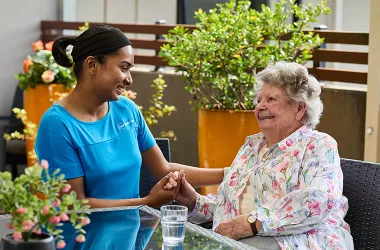
News & Events
Highgate Park update
19th December 2025 | 2 min read
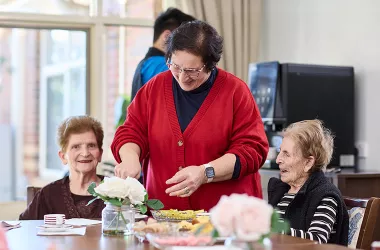
Care Community stories
Sicilian connections at Glenroy Grove
16th December 2025 | 4 min read
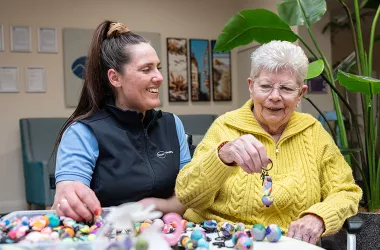
Care Community stories
Purpose with Parkinson's Disease
12th December 2025 | 4 min read
